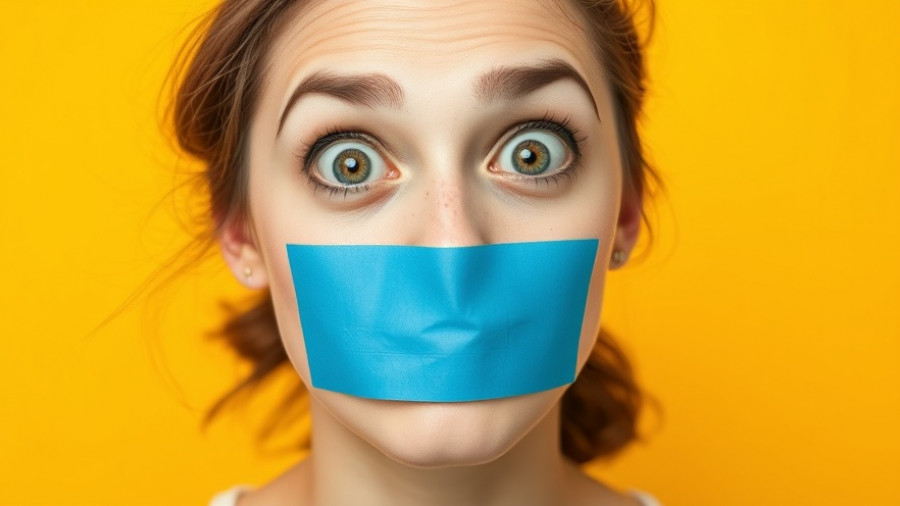
Understanding the Swear Word Debate in Podcasting
As podcasting continues to surge in popularity, many content creators grapple with the question of whether to censor swear words. A recent survey from The Bugle, a satirical news podcast, revealed that a surprising 53.3% of listeners support removing bleeps from their episodes. This finding reflects a broader discourse on the appropriateness of language in media, especially in professional settings.
Swearing can ignite passion and emotion, but it can also alienate segments of an audience. British Airways' withdrawal of sponsorship from Louis Theroux's podcast illustrates this tension, showing how political sensitivities can affect business partnerships in the podcasting realm. Content creators must weigh their desire for authenticity against potential repercussions from sponsorships and audience perception.
Why Audience Matters When Deciding on Language
Your audience's expectations play a pivotal role in determining whether to censor language. If your podcast targets a younger, family-oriented demographic, it’s prudent to avoid strong language entirely. In contrast, podcasts aimed at adult audiences may embrace a level of edginess, using swear words to emphasize points or convey territory more effectively. Always consider what your listeners expect from your show when deciding how to navigate swearing.
Strategies for Censoring Swear Words Effectively
For those who choose to censor, precision is paramount. Censoring should be done before any mastering or cutting in the audio workflow. This ensures that bleeps do not interfere with sound quality and narrative flow. Helpful tools like automated transcription services can aid creators in identifying where profanity occurs, allowing for smoother edits and ensuring that bleeps are both timely and appropriately placed.
The Importance of Authenticity in Podcasting
Authenticity is key to building trust with your audience. For podcast hosts whose speaking style includes swearing, including it in their episodes can create a genuine connection with listeners. However, if swearing does not feel natural, there’s no need to force it. Stay true to your conversational style to maintain credibility.
Explicit Content Labels: A Necessary Step
If you decide to incorporate strong language, marking your episodes as explicit is crucial. Not only does this adhere to platform regulations, but it also sets clear expectations for your audience and avoids upsetting listeners unaccustomed to profanity. Companies like Apple Podcasts emphasize the importance of transparency, discouraging misleading content without proper labeling.
Final Thoughts on Censorship and Content Creation
Podcasters should assess the pros and cons of censoring swear words to create a balance that fits their unique brand and audience. The choice comes down to knowing your listeners, staying authentic, and being transparent about content. As you navigate these choices, remember that effective communication is key to building a solid and engaged listening community.
 Add Row
Add Row  Add
Add 





Write A Comment